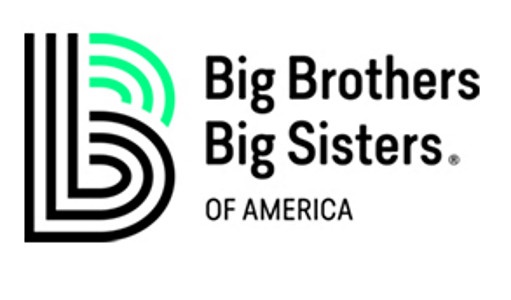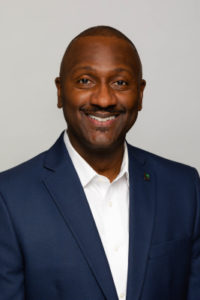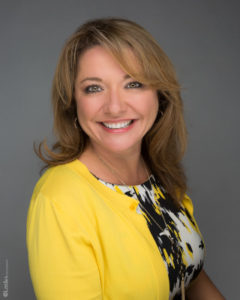
[Ed Note: This opinion piece is co-authored By Gale S. Nelson, CEO of Big Brothers Big Sisters of Miami, and Malena Dorn, CEO of Big Brothers Big Sisters of Broward]
As our youths grapple with isolation and other challenges and hardships related to the pandemic, youth mentoring is more critical today than at any other time in recent history.
Closures and/or cancellations of schools, parks, sports and other key venues and group activities where kids received supervision and mentoring, is making it more difficult for kids – particularly those already at risk – to stay on track.
A new study by the Center for the Study of Social Policy shows that while adverse childhood experiences can often lead to long-term poor health and social and criminal outcomes in youth, positive mentoring relationships are among the best mitigators of these circumstances.
The Study, “Balancing Adverse Childhood Experiences with Hope,” adds fresh data and insight to decades of research confirming that the healthy development and well-being of children and families are a direct result of a full range of positive experiences in their primary relationships and environments.
“Positive experiences, ranging from infant attachment to mentoring for adolescents, are essential to children’s well-being and to their development into mentally, emotionally, and physically healthy adults,” according to the study.
“Altogether, we are now beginning to appreciate the power of positive relationships and experience on human brain development and function.” Here is a link to download the full report.
This social science study underscores the relevance and need for the type of youth mentoring experiences provided by organizations like Big Brothers Big Sisters. The organization brings together people of all types of backgrounds to build bridges, mutual understanding, and positive relationships that are mutually transformative for the mentors and mentees alike.
The children in South Florida do not need to be “fixed.” They are not the problem. Rather, our youths simply need consistent love, nurturing and support to ignite the power and promise that live naturally within each one of them. When one person mentors, two people benefit and our community becomes infinitely stronger.
A mentor can indeed be a critical healer of adverse childhood experiences that have proved to be responsible for so much of the pain in our community.
National Mentoring Month, observed every year in January, provides an ideal time to look ahead to 2021 and prioritize the need for mentoring in the “New Normal,” while reflecting on the importance of cultivating positive mentoring relationships within communities and schools and to ensure our youth have “someone trustworthy to talk to.”
An effective way to become a mentor is to work with Big Brothers Big Sisters, which offer a variety of ways to meet the need for youth mentoring in our community. Offered are opportunities for individuals to become mentors on their own schedules, as well as opportunities for corporations to become “School to Work Partners” and enable their employees to become mentors.
The need is significant. Currently, the Dade and Broward BBBS chapters have a combined 1560 “Littles” (youth mentees) waiting to be matched with “Bigs” (adult mentors). The commitment is simple: as much or as little time as a mentor can feasibly allocate to spend with his or her mentee.
One of many examples of the positive impact of mentoring is Little Sister, Shantal Soto, who was matched with her Big Sister Erika Weissberg in the School to Work program at Homestead Hospital. As a result, Shantal became an employee and colleague. Having completed her college coursework, she is now a first responder serving as a nurse.
To learn more about ways to get involved, visit www.BBBSMiami.org and www.BBBSBroward.org.

Gale S. Nelson, CEO of Big Brothers Big Sisters of Miami, may be reached at gnelson@bbbsmiami.org.

Malena Dorn, CEO of Big Brothers Big Sisters of Broward, may be reached at malenad@bbbsbroward.org.












